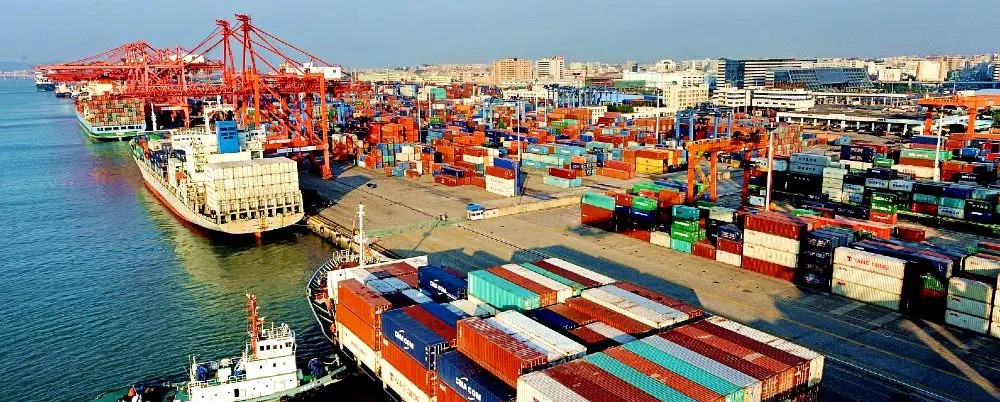(3 Minutes Read)
The Nigerian Shippers’ Council says it is working to ensure that investments in the maritime sector grow to USD 10 billion in the coming five years. This was stated by the Executive Secretary and Chief Executive Officer of the NSC, Pius Akutah.
The Nigerian Shippers’ Council says it is working to ensure that investments in the maritime sector grow to USD 10 billion in the coming five years. This was stated by the Executive Secretary and Chief Executive Officer of the NSC, Pius Akutah, who told journalists in Lagos during a media interaction to mark his one year in office that the agency has already started engaging with some stakeholders on the same page.
The decision is part of NSC’s five-year activities and the new five-year programme agency will project its detailed activities for the coming five years. Akutah stressed that the programme would focus primarily on the agency’s role as a port economic regulator. In terms of facilitating trade and ensuring that business investments in this sector grow to a maximum of over USD 10bn in the next five years.
Akutah disclosed that the council saved over N40 billion last year from party charter fees. He also thanked the management team of the agency for making that possible. The agency was able to make savings through the app it introduced in the last eight to nine months. It has helped to automate the system for calculation of the reasonableness of freight, charter, fees, and all that.
Akutah, however, stated that logistics have posed a serious threat to Nigeria benefiting from the full potential of the African Continental Free Trade Agreement Area platform, which is valued to have a combined Gross Domestic Product of USD 3.4tn.
Read Also:
https://trendsnafrica.com/nigeria-to-ratify-all-maritime-instruments-to-develop-blue-economy/
The implementation of the AfCFTA is one of the focus areas and is also one of the areas of failure. If the stakeholders don’t act very fast, it will be a major impediment to the free flow of goods. Right now, connectivity within the African region is a major challenge.





